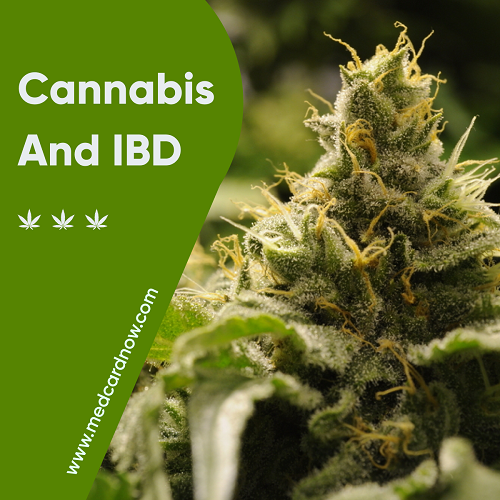
What is IBD ?
Inflammatory Bowel Disease is also known as IBD consist of a set of disorders of the digestive tract. This severe condition affects over 1.6 million Americans. Inflammatory Bowel Diseases (IBD) usually include Crohn’s disease (inflammation of digestive tract lining) and ulcerative colitis (inflammation and sores in the lining of the intestines or colon). The different types of IBD can lead to problems with digestion, absorption of nutrients from food or fruits, and difficulties in waste removal from the body.
IBD can affect anyone, no matter the age or sex, but it’s most common in people between the ages of 15 and 45. The reason for IBD is still unknown but most researchers state that it results from the combination of genetic predisposition, immune dysfunction, and ecological factors.
IBD’s main symptoms are diarrhea, abdominal pain, fever, and weight loss. It also comes with severe skin rashes, anemia, arthritis, nausea, vomiting, appetite loss, and fatigue. Although the symptoms of IBD can get worse over time, factors such as age, cigarette smoking, and genetics can make the condition more severe than usual.
IBD has no cure which means those suffering from the condition will only receive medications to treat its symptoms. While the cure is not yet known, several studies on medical marijuana show that it can quickly relieve the symptoms of IBD.
Medical marijuana may quickly treat symptoms of IBD such as chronic abdominal pain and may also lessen the inflammation that comes with the condition.
How can cannabis help IBD?
Cannabis can enhance the health of IBD patients due to its high medicinal capacity. Cannabis offers potent anti-inflammatory and pain-relieving effects which can help IBD patients suffering from abdominal pain. But interestingly, the effects of cannabis on IBD patients are mostly due to Endocannabinoid System (ECS) and its interaction with the CB1 and CB2 receptors.
The ECS controls several bodily functions such as mood, sleep, and appetite. Endocannabinoids are the body’s natural cannabinoids, and they play a role in stimulating the cannabinoid receptors in different parts of the body. When you consume cannabis, CBD and THC interact with our endocannabinoids to provide relief from pain and other conditions.
According to survey data conducted in Canada and the US, it showed that about 20% of IBD sufferers preferred to use cannabis as the best way to their IBD symptoms, with most of them acknowledging having used cannabis before. Cannabis is currently a preferable alternative to pharmaceutical pills when it comes to IBD relief.
Research on cannabis and IBD
Cannabis research on IBD is slow are there are few studies to back its ability to relieve IBD symptoms.
While the primary cannabinoids may lessen inflammation or pain, patients are still skeptical of using the drug for IBD due to lack of research and the inability to receive cannabis in the hospital.
Bottom line
While medical marijuana can help with the pain that comes with IBD, there’s a need for more research on its effect on other symptoms of IBD. Hopefully, there will be more studies in the future.



